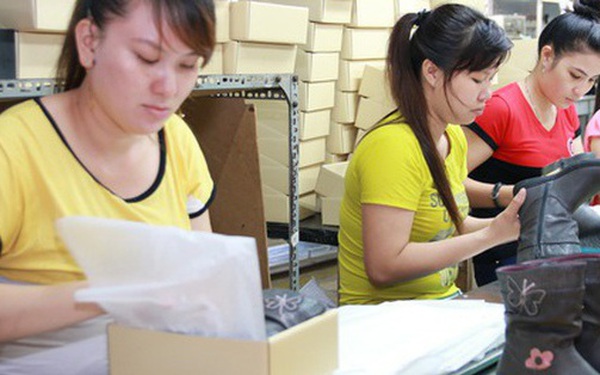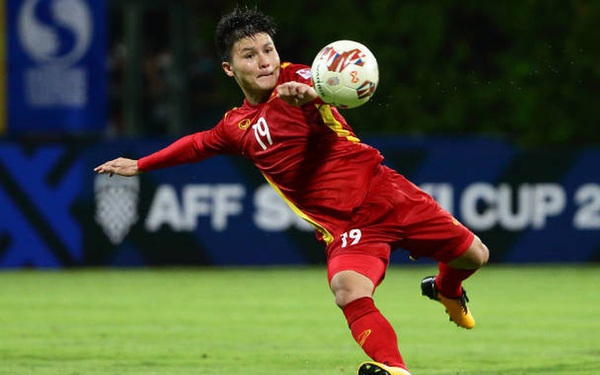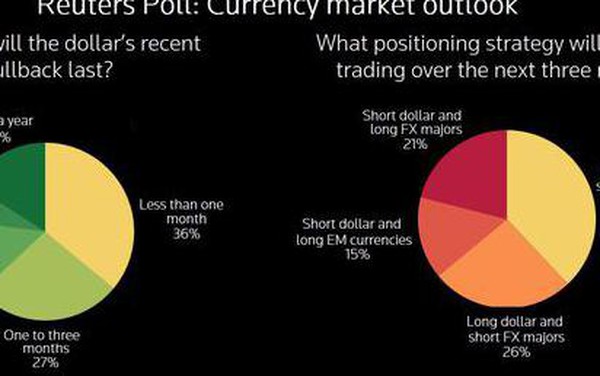“Avoid having coconut shells”!
After the political tensions between Russia and Ukraine, many space exploration projects between Russia and its partners failed. First, warnings regarding Russia’s “withdrawal” from the 500-ton International Space Station (ISS), to the cancellation of Russia’s unilateral cooperation with the US and the West.
Recently, the European Space Agency (ESA) said that it is highly unlikely that Europe’s first planetary rover will launch in 2022 as scheduled, amid tensions between Russia and Ukraine, and sanctions imposed on this country as a result.
EXOMARS ROVERS AWAY?
ExoMars Rover, resulting from a partnership between ESA and the Russian Federal Space Agency Roscosmos, is ready to depart for Mars in September 2022 but the ESA says this is unlikely. The agency added that a final decision will be made after analyzing all options.
“We are fully implementing the sanctions imposed by our Member State (ESA) against Russia,” the ESA said in a statement. “We assess the consequences for each ongoing program in collaboration with the Russian Federal Space Agency Roscosmos and align our decisions with those of Member States in coordination. In cooperation with industry and international partners (especially with NASA on the International Space Station (ISS)) .))”.
The ExoMars Rover Europe rover is part of the 2022 mission of the ExoMars program. The ExoMars rover is also planned to send a Russian lander (ExoMars Kazachok) to Mars in 2022, the ESA website reports.
The ExoMars Rover was originally scheduled to launch in July 2020 but was delayed due to the Covid-19 pandemic. Now, it has been delayed again due to problems between Russia and Ukraine.
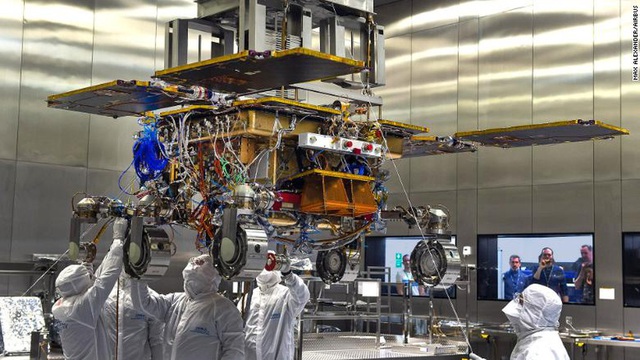
The launch of the ExoMars rover, a partnership between ESA and Russian space agency Roscosmos, may be delayed. Photo: Airbus
According to ESA data, the ExoMars Rover is the first to combine surface mobility and the study of Mars at greater depths. The ultimate goal is to land the rover on a site with high potential in search of well-preserved organic material, particularly that from the historic dawn of the Red Planet.
The ExoMars rover itself (named Rosalind Franklin) performed the main tasks of surface movement, subsurface drilling, and automated sample collection, processing, and delivery to instruments.
It will collect samples of Mars with a drill to a depth of 2 meters and analyze them with next-generation instruments in the on-board laboratory.
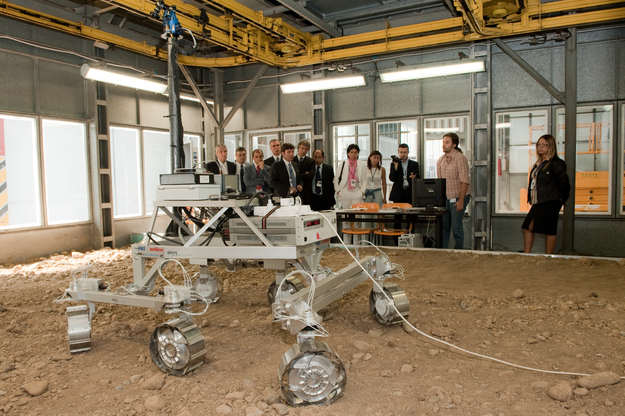
ExoMars Rover prototype. Credit: Thales Alenia Space Italy
ESA also canceled a live Q&A session with Matthias Maurer, ESA’s German astronaut currently aboard the International Space Station. Apart from Matthias Maurer, there are currently 4 NASA astronauts and 2 Russian cosmonauts living and working on the ISS, CNN said.
NASA said on Monday, March 7, 2022 that there is no indication that Russia is withdrawing support from the International Space Station due to US sanctions, although that possibility has been raised by the Director General of Roscosmos.- Mr Dmitry Rogozin warned last week.
“We have not received any indication from a working point of view that our Russian partners are not committed to continuing operations on the ISS. The NASA (US) and Roscosmos (Russia) astronaut teams on the ISS are still working, training and talking together.” – CNBC (USA) citing Ms. Kathy Lueders, Deputy Administrator of NASA’s Exploration Mission and Human Operations Directorate, speaks at a press conference on February 28, 2022.
Responding to a question about NASA’s backup plan for the ISS space station in case Russia “backs out”, Kathy Lueders said that aerospace and defense companies Northrup Grumman (USA) and SpaceX are ready to support NASA.
However, Kathy Lueders also had to admit: “I stress that all these plans are just a backup measure. It would be very difficult for us to operate the ISS ourselves.”
US-RUSSIA ROLE on ISS
Roscosmos Director General Dmitry Rogozin previously said that US sanctions against Russia had the potential to “destroy our cooperation” on the International Space Station (ISS).
The ISS is a collaboration between the US and Russia, as founding partners, along with Canada, the European Space Agency (ESA) and Japan.
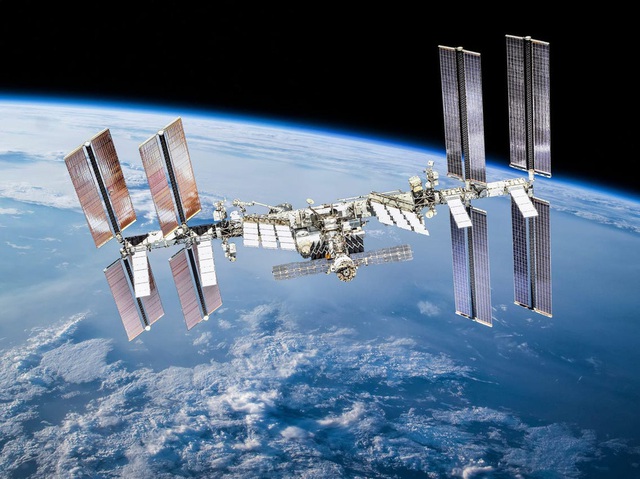
International Space Station (ISS).
The ISS is divided into two main parts: the Russian orbital segment and the American orbital segment, and they depend on each other to survive in operation.
The US and Russia keep their research laboratories constantly stocked with astronauts and cosmonauts, with each country’s roles interdependent – from life support systems to propulsion engines. The ISS operates in orbit.
Scott Pace, director of the Space Policy Institute at George Washington University in the US, said: “They (Russia) cannot function without us, we (US) cannot function without them, so we cannot function without them. a much-needed international partnership.”
Former NASA astronaut Garrett Reisman said CNN The Russian orbital segment cannot function without power from the US side, and the US side cannot function without the Russian side propulsion system.
Source: CNN, ESA
at Blogtuan.info – Source: cafebiz.vn – Read the original article here

